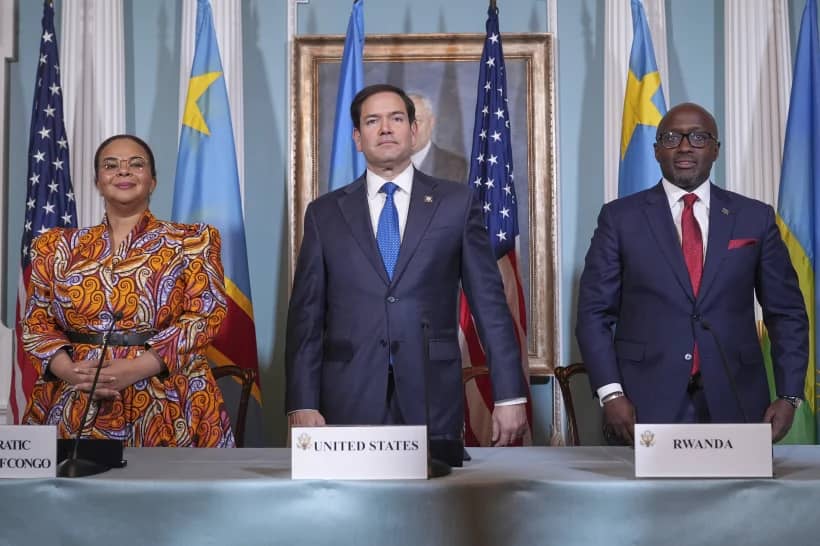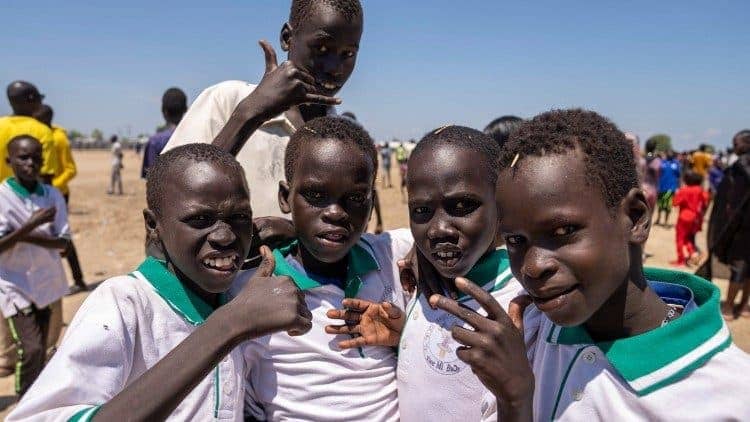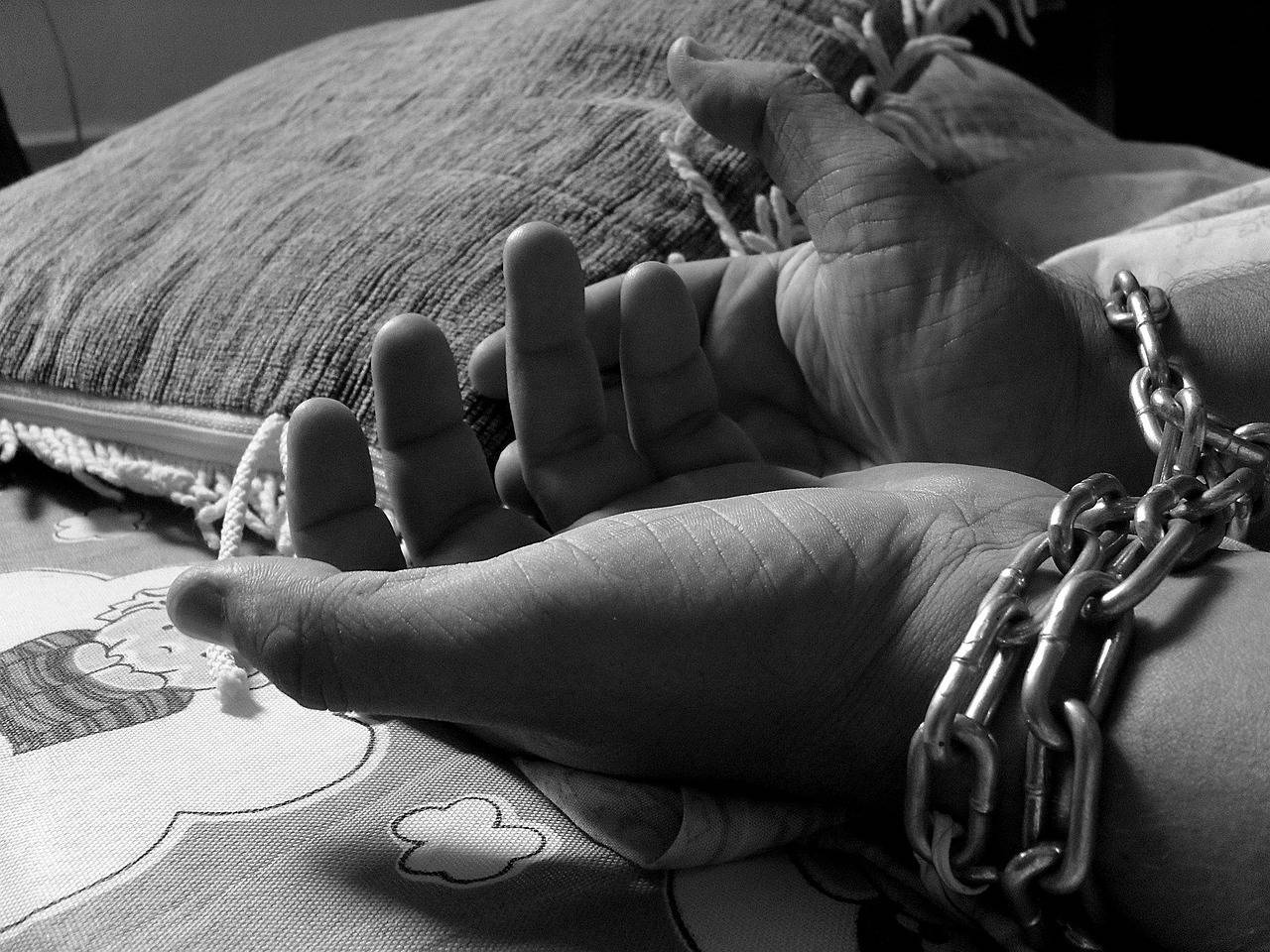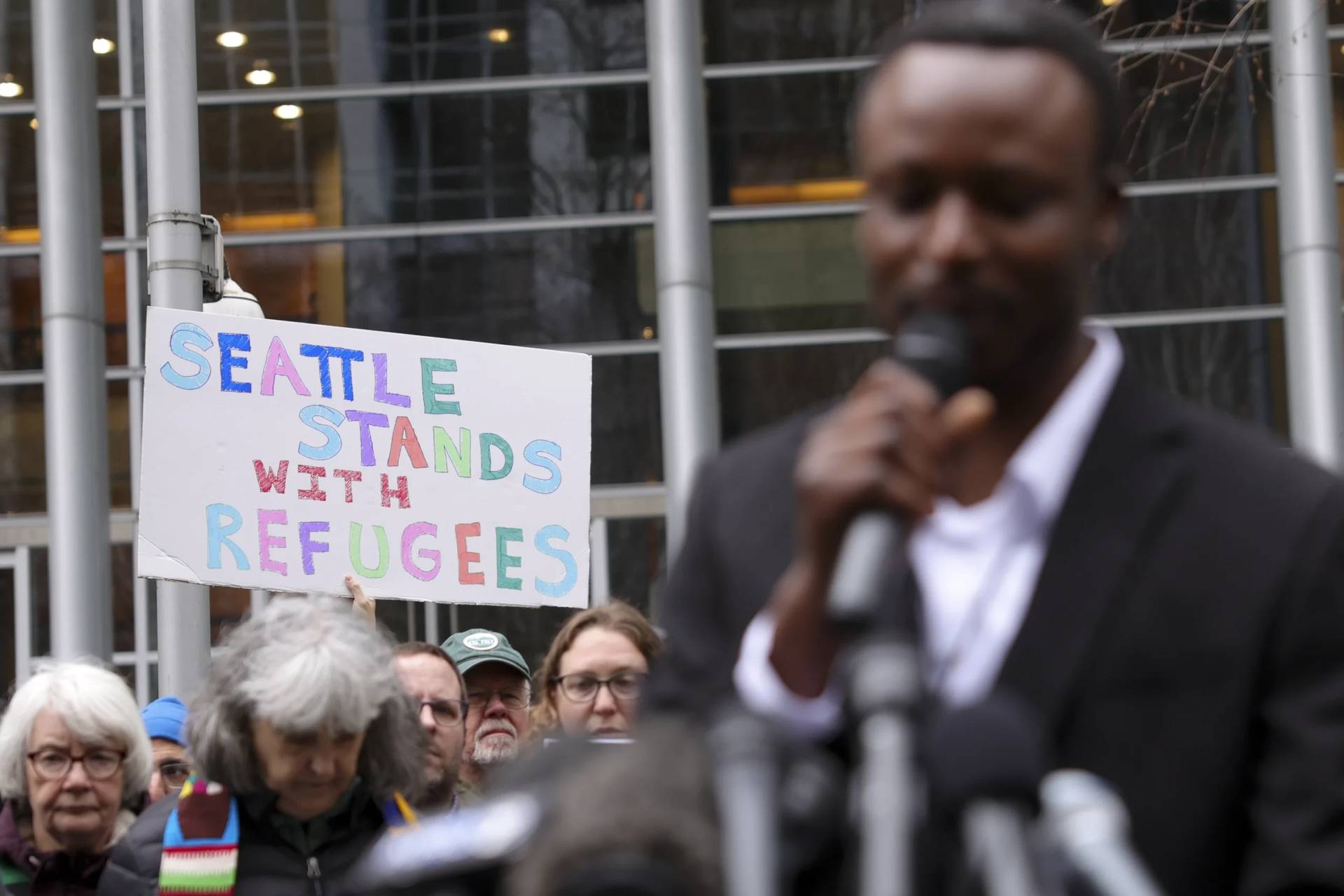YAOUNDÉ, Cameroon – An archbishop has been placed under house arrest in Togo after calling for nationwide protests of the country’s Feb. 22 presidential election.
Archbishop Philippe Fanoko Kpodzro, the retired archbishop of Lomé, called the re-election of Faure Gnassingbé a “fabricated lie,” claiming opposition candidate Agbéyomé Kodjo is the legitimate winner of the poll.
The official result s of the election announced by the National Electoral Commission said Gnassingbé won 72.36 percent of the vote, with Kodjo receiving 18.37 percent. A third candidate, Jean-Pierre Fabre, received 4.35 percent.
Kodjo has also been barred from leaving his residence after declaring he was Togo’s “democratically-elected president.”
“The results presented by the National Electoral Commission do not reflect the truth about the will of the Togolese people,” Kodjo said.
Shortly before the election, Togo expelled the U.S.-based election observer, although over two dozen international organizations and several domestic civil action groups were allowed to watch the polls.
Kpodzro, who drew the ire of the Gnassingbé administration by actively campaigning for Kodjo, insisted he was waiting for “the proclamation of the true results of that election.”
The archbishop was a constant presence at Kodjo rallies and held Masses for the candidate. Kodjo declared himself to be the “Kpodzro dynamic” for “the cause of the afflicted, the sick, the those behind.”
RELATED: Togo government complains about retired archbishop’s support for opposition
After the official elections results were announced, the archbishop said he was angered at what he termed “the organized injustice “designed to shut out “the poor, the destitute, the disparaged; all the suffering people of Togo who were bent on putting an end to decades of dictatorship.”
He then called for public demonstrations on Feb. 28, leading to his house arrest.
“I am not a politician, I am a bishop, I am a pastor, I defend the flock of God which has been entrusted to me against wolves, against lions,” Kpodzro said.
The country’s bishops have expressed solidarity with the retired archbishop.
“This measure (to put him under house arrest) is not only a serious attack on his freedom of movement, but also prevents the operation of the health center adjoining his residence,” the country’s episcopal conference said in a communique on Monday, March 2.
The security cordon around the archbishop’s residence is also inconveniencing his neighbors, and for local Catholics who worship at the health center’s chapel.
“Like every morning, we go to the house of Archbishop Kpodzro where there is a chapel to celebrate Mass for the consecrated sisters, the nursing staff of his hospital and, moreover, the patients. But unfortunately, this morning when I sent my two vicars for the same mission they came across a horde of people in military fatigues who prevented them from entering the prelate’s house. Thus prohibiting the mass of this day despite the multiple explanations and supplications, “said Father Vivien Daklumegan on Friday.
The country’s bishops say they support Kpodzro’s right to political engagement, although they wouldn’t join him in the decision to engage in public protests.
“Since the proclamation of the provisional results, the Bishop’s Conference has not remained inactive in the face of the situation of Archbishop Philippe Fanoko Kpodzro. It has not abandoned the bishop, their older brother, to his sad fate, as some mistakenly think. Discretely, the Conference was rather in concert, in particular with the Apostolic Nunciature [the Vatican Embassy], to find the most appropriate solution,” said the March 2 statement.
Togo’s bishops are also pushing for the release of all those arrested on Friday during the demonstrations by opposition supporters. They also condemned what they described as “abusive intrusions into the private and sacred spaces of the Church”.
Restoration of the truth of the ballot box
The bishops also called for “the restoration of the truth of the ballot box.”
“In light of what has happened on the ground, we can say that the presidential election of February 22, 2020, as a whole, took place in a relatively calm climate. But as far as the transparency and fairness of the ballot are concerned, the same cannot be said,” the statement says.
The prelates said the refusal of the government to allow observers from Justice and Peace Commission of the Catholic Church to monitor the vote put the results in doubt.
“The presence of observers from civil society alongside the institutional organizers was likely to boost the confidence of voters, in the credibility and sincerity of the results of their votes,” the bishops said.
Kodjo has pledged to use every legal means to take back his “stolen victory,” calling the Feb. 22 vote “an electoral masquerade.”
“We are not sleeping. We are taking diplomatic steps … I am sure that in the days or weeks to come, the CENI (Independent Electoral Commission) will resume the count, because around the world, everyone knows that it was Agbéyomé Kodjo from the ‘Kpodzro dynamic’ who won the elections,” he said.
Gnassingbé has been in office since 2005, following the death of his father, Gnassingbé Eyadema. Eyadema had ruled Togo for 38 years, ever since he overthrew the country’s second president, Nicolas Grunitzky, in a coup d’état in 1967.
Under recently enacted changes to Togo constitution, Gnassingbé could remain in office until 2030.
Crux is dedicated to smart, wired and independent reporting on the Vatican and worldwide Catholic Church. That kind of reporting doesn’t come cheap, and we need your support. You can help Crux by giving a small amount monthly, or with a onetime gift. Please remember, Crux is a for-profit organization, so contributions are not tax-deductible.


















